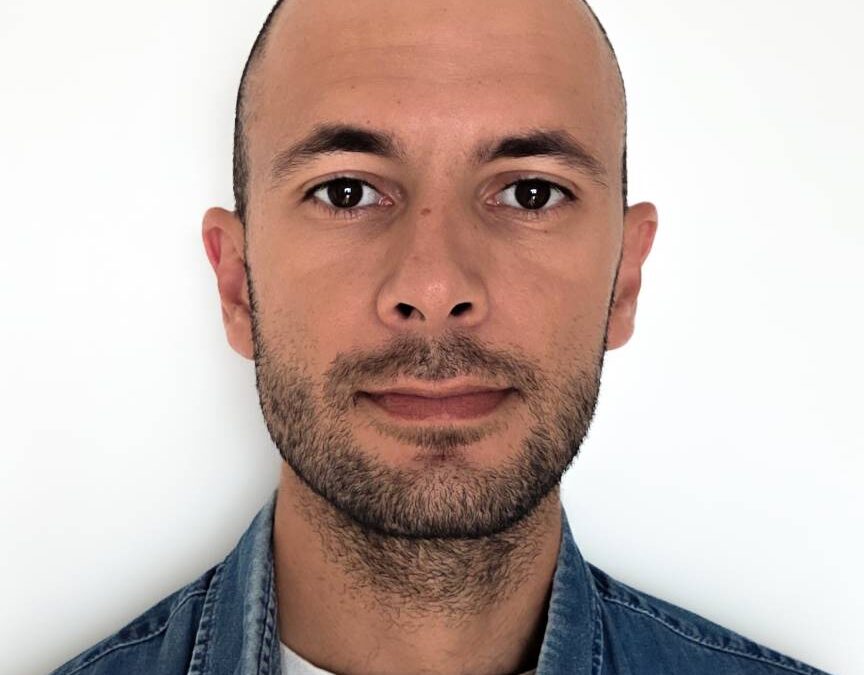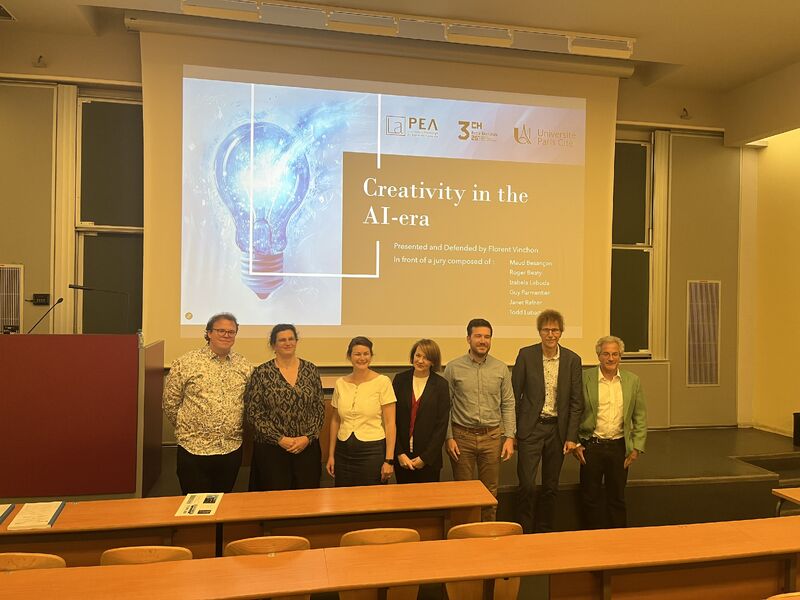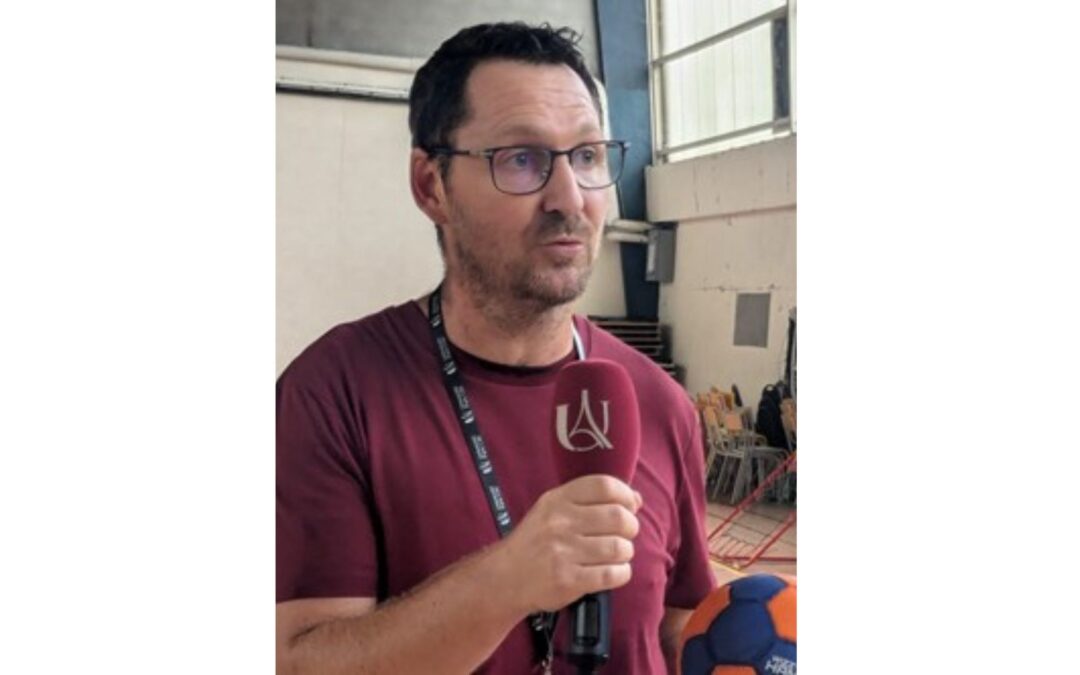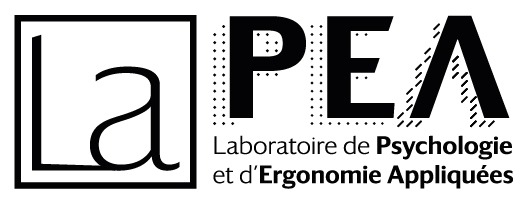In this thesis, we describe, analyse, and discuss the use of Body Swap interventions in educational environments, their potential and limitations, proposing a framework for how to use this embodied technology as a large-scale pedagogical tool for empathy.
Résumé :
What would the world be like if we could use a Body Swap machine to learn how to step into the shoes of one another? Empathic abilities help human evolution by letting us understand each other, connect emotionally, learn from the actions of others, provide mutual help and have the potential to lead to a pro-social society. body, affective and cognitive empathy; empathic concern; altruistic behaviour: these are inter-connected empathy-related phenomena that help us to feel and to understand what it is like to be in the situation of another person – to walk in their shoes – shaping our perception and behaviour regarding others and the reality that surrounds us. A lack of empathy is observed in negative stereotypes, social biases and dehumanisation, being deeply embedded in intergroup relations, challenging the practice of ethics in a globalised society which states that all individuals have the same rights. Achieving this egalitarian goal requires the development of individuals’ empathic capacities on a large scale, which can be only achieved through the engagement of educational systems worldwide. But empathy is not part of most school and university curricula, although these capacities can be learned by one’s brain and body. Its training is included in several pedagogies that comprehend social-emotional dimensions of learning that could be empowered by technologies. In recent years, research on neuroscience and cognitive psychology has used XR technologies, such as Virtual Reality and Telepresence, to manipulate an individual’s perception of self and of the other. In these Embodied XR (or Body Swap) experiences, immersive realistic multi-sensorimotor interventions give participants the illusion of swapping bodies with another person. This displacement of one’s body perception into the perspective of another individual has been seen to affect an individual’s implicit racial biases and altruistic behaviour towards outgroups, even long after the exposure to immersive headsets. While technology is becoming rapidly accessible, and the creative industry has proposed concrete uses of XR to promote empathy, its potential implementation as a pedagogical tool for traditional settings has not been extensively analysed or explored up to this point. Aiming to contribute to filling this gap, we describe, analyse, and discuss the use of Body Swap interventions in educational environments, their potential and limitations, proposing a framework for how to use this embodied technology as a large-scale pedagogical tool for empathy.
Directeur de Thèse
Franck Zenasni, professeur des universités — Université Paris Cité
Jury
Salvatore Maria Aglioti, professor — Sapienza University of Rome — Rapporteur
Giuseppe Riva, professor — Catholic University of Milan — Rapporteur
Sophie Pène, professeur des universités — Université Paris Cité / CRI — Examinatrice
Narcís Parés, professor — Pompeu Fabra University — Examinateur
Ausiàs Cebolla, professor — University of Valencia — Examinateur
À lire aussi

Hélène Sauzéon (Université de Bordeaux) : Les motivations intrinsèques comme principes de conception des technologies numériques pour la cognition.
Jeudi 20 novembre 2025 à 10h30 en 2011. © Résumé : Les théories psychomotivationnelles, comme celle de l’autodétermination (Ryan & Deci, 2000) placent l’agentivité comme pilier du développement à tous les âges de la vie à travers notamment l’expression de...

Samy Chikhi :”Mesurer et moduler la gestion des ressources cognitives”
Jeudi 25 septembre 2025 à 10h30 en 2011. © Résumé : Le système cognitif humain est limité dans ses capacités de traitement, ce qui entrave notre capacité à intégrer et manipuler l’information et affecte la qualité des décisions prises. Le concept de charge...

Soutenance de thèse de Florent Vinchon
Mercredi 21 mai à 9h, à l’Amphithéâtre Anzieu de l’Institut de PsychologieTitre de la thèse : "La créativité à l'ère de l'intelligence Artificielle" Résumé de la thèse : Avec la popularisation des IA Génératives (GenAIs), un intérêt croissant s’est développé autour de...

Alexandre Oboeuf : “Créer en jouant : la créativité motrice en situation incertaine”
Jeudi 19 juin 2025 à 10h30 en 2036. © Résumé : Dans les sports collectifs, que ce soit en club ou à l’école, la performance est souvent réduite à des critères physiques, techniques ou tactiques. Pourtant, les individus les plus performants ne sont pas...
